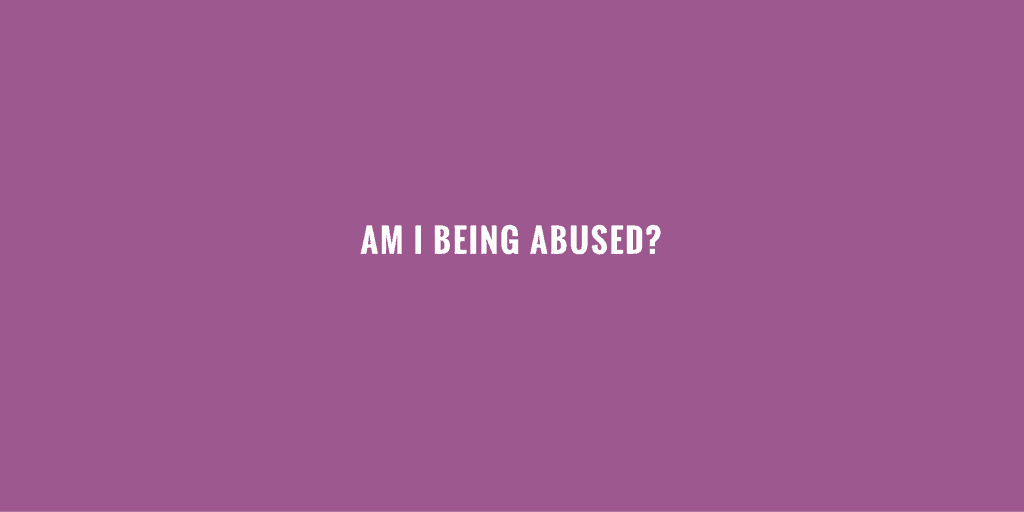 Abuse is a pattern of coercive control, intimidation, and oppression effectively used to instill fear and maintain long term relationship domination. If any of the below sounds familiar to your and is a regular occurrence in your relationship – it is not acceptable, and you deserve better.
Abuse is a pattern of coercive control, intimidation, and oppression effectively used to instill fear and maintain long term relationship domination. If any of the below sounds familiar to your and is a regular occurrence in your relationship – it is not acceptable, and you deserve better.
- “They’re two different people. I feel like I’m living with Dr. Jekyll and Mr. Hyde.”
- “They really don’t mean to hurt me. They just lose control.”
- “Everyone else thinks they are great! I don’t know what it is about me that sets them off.”
- “They’ve scared me a few times, but they never touch the children.”
- “They call me disgusting names, and then an hour later they want to be intimate. I don’t get it.”
- “They mess up my mind sometimes.”
In abusive relationships, the abuser uses a pattern of coercive and controlling behaviours to gain power and control over you. These can include; verbal abuse, emotional control, medical neglect, economic control, legal imitation, stalking or isolation. Which are then reinforced by the use of psychological threats, intimidation, sexual assault, and physical violence.
It’s important to remember that not every abusive relationship follows this pattern, all of the above could be happening, or a few of the above. But, it is still abuse. The abusers will try to justify their behaviour, and their sense of what is right and what is wrong is distorted.
Characteristics of Abusers:
Entitlement
- Feels justified using any means to protect ‘special’ status
- Expectation: “When I say ‘jump’…”
- Reversal of “abuse” and “self-defence”
Controlling
- Escalates when intimate partner resists
- All family functions/tasks are areas to demonstrate control
Self-Centeredness
- Abuser’s needs take precedence
- Lack of emotional support for family
- Expectation: “King of the Castle”
Superiority
- Partner is inferior
- Possibly hostile to most people in general
- Dehumanizes or objectifies partner
Possessiveness
- Partner is an owned object
- Partner does not have the right to resist
Manipulative
- Seeks to change family’s reality
- Public Vs. Private persona
Confuses “Love” and “Abuse”
- Sees abuse as “proof” of love
Externalises Responsibility – “Not me!”
- Justifies actions and makes excuses
- Shifts blame to partner or other causes
- Shifts the responsibility for effects of abuse
Denies, Minimises: “No, not really…”
- Will not acknowledge extent of abuse
- Reports less violence
- Minimises threatening behaviour
- Denies the effects of abuse on family
- Aggressive violence is “taken out of context”
Support
If you have concerns about your relationship then please call the National Domestic Violence Helpline on 0808 2000 247 – this is a freephone helpline that operations 24 hours a day, 7 days a week.
You can also call the Men’s Advice Helpline on 0808 801 0327 or The National LGBT Helpline on 0300 999 5428.
We are here to help you, and there are plenty of organisations that are ready to support you. There is hope that things will get better, and you are able to change your lives for good.
Footnote: You could also find support organisations using our ONLINE DIRECTORY
[wufoo username=”dvuk” formhash=”r1vkk2z90e6047p” autoresize=”true” height=”1422″ header=”show” ssl=”true”]
Comments are closed.